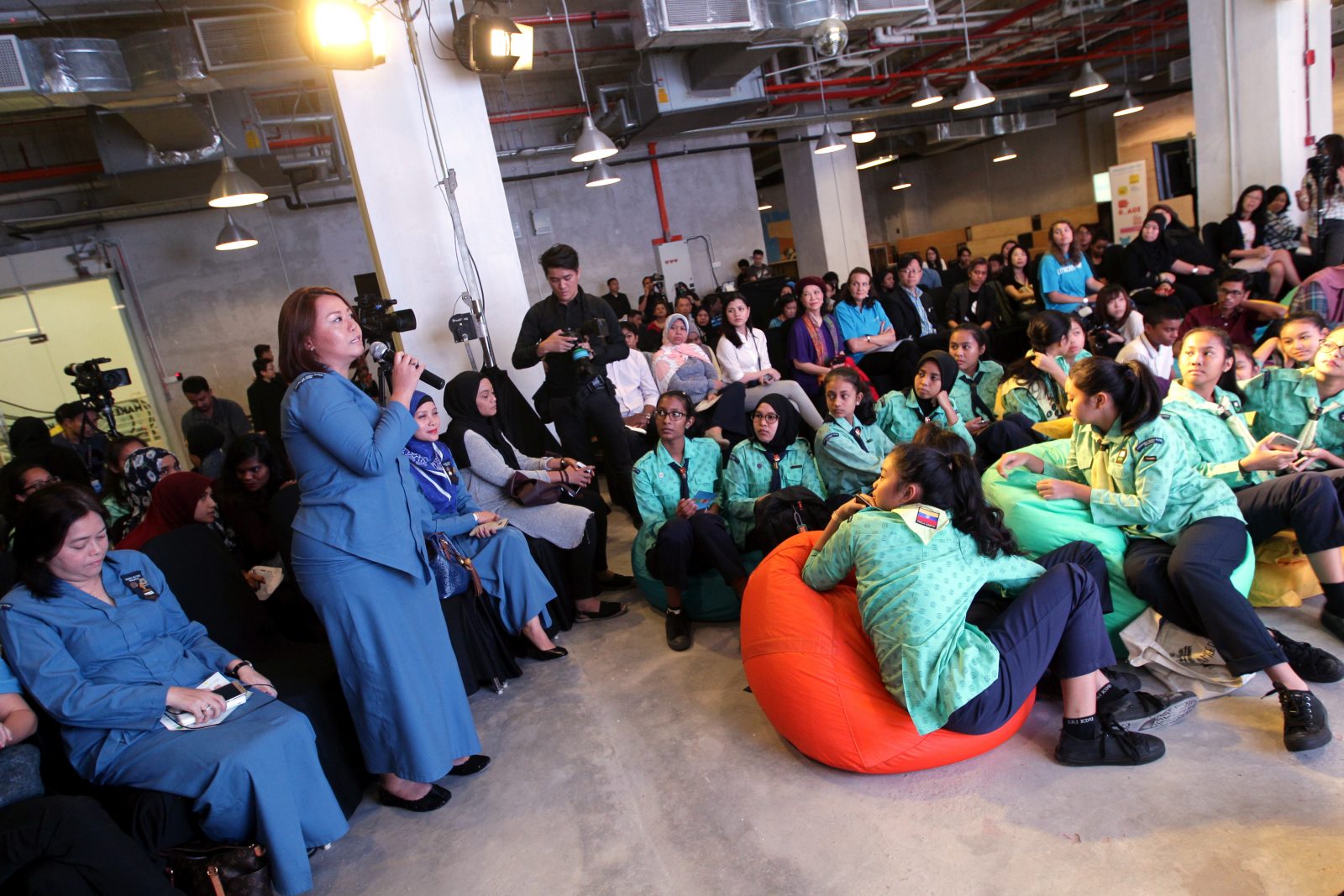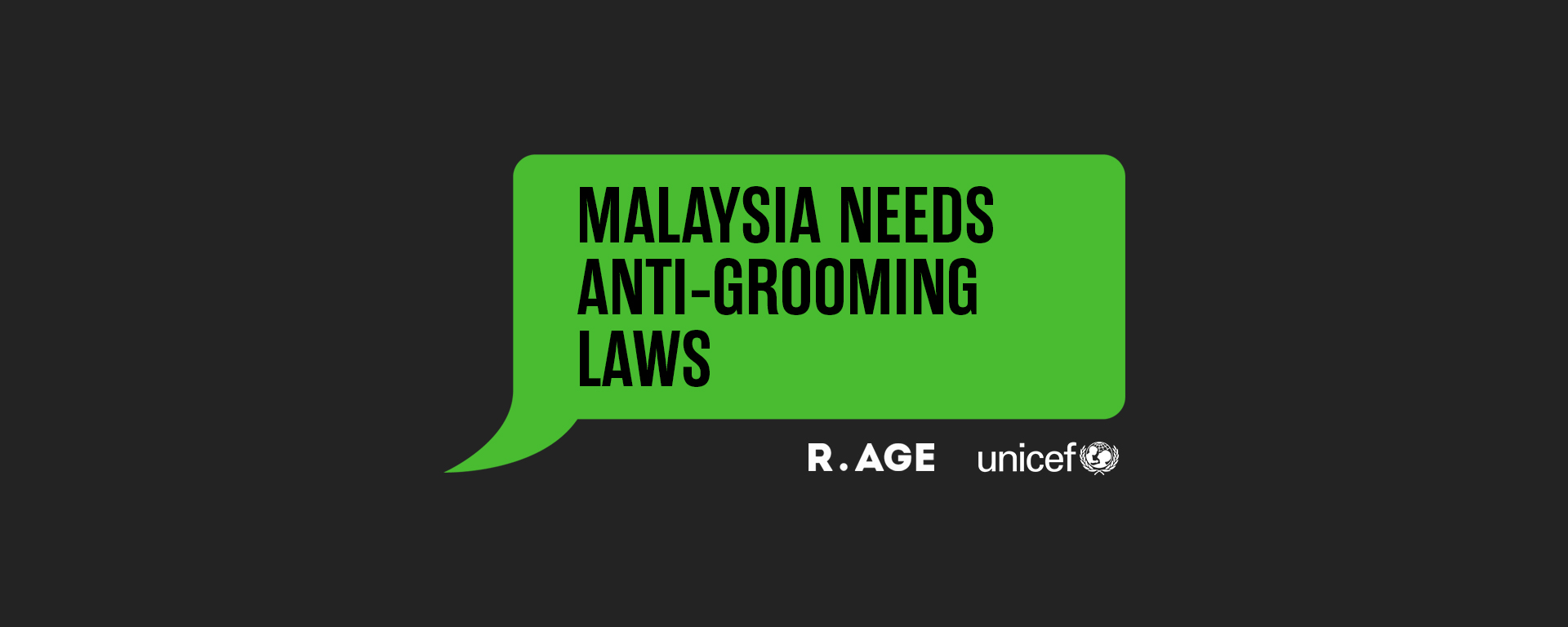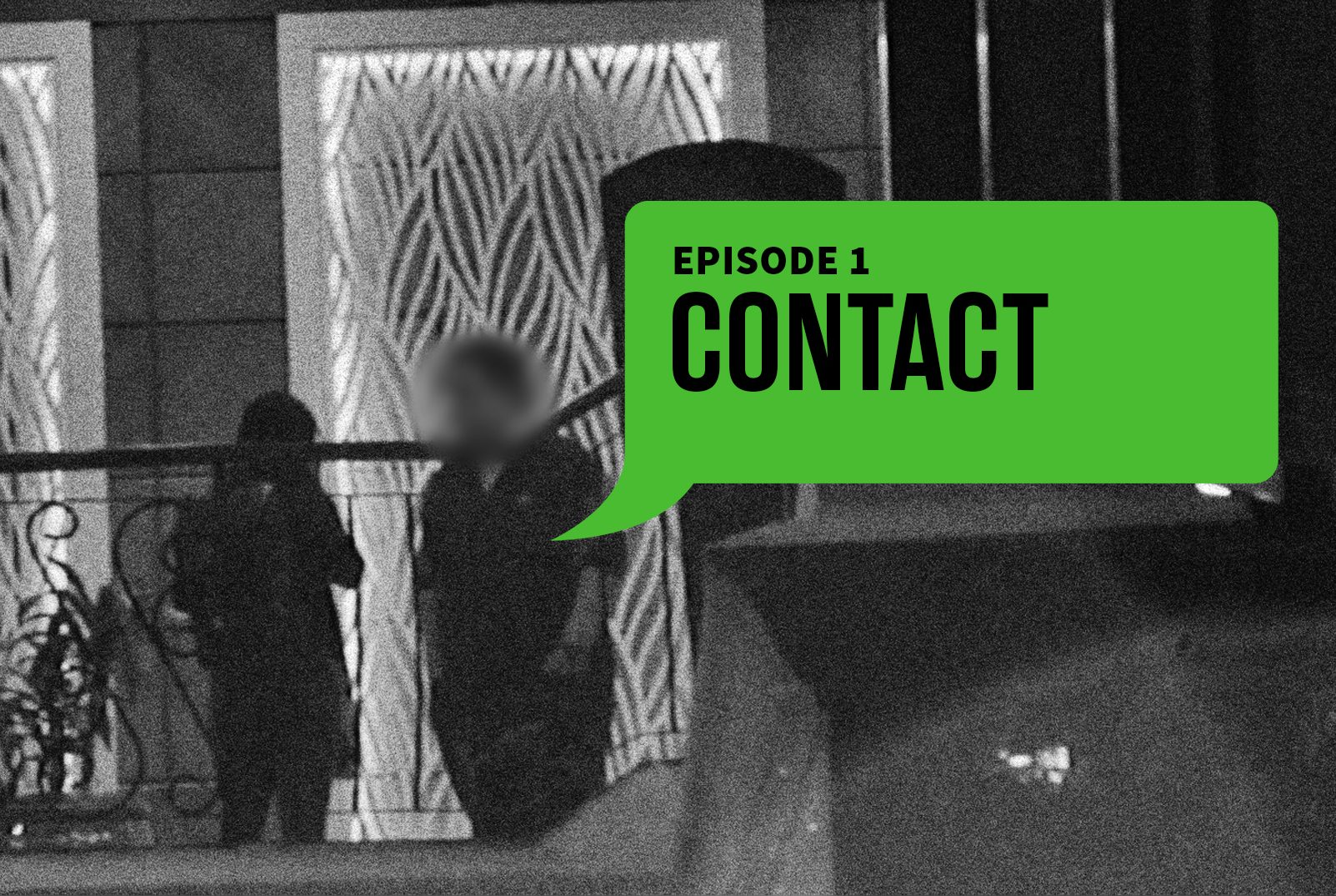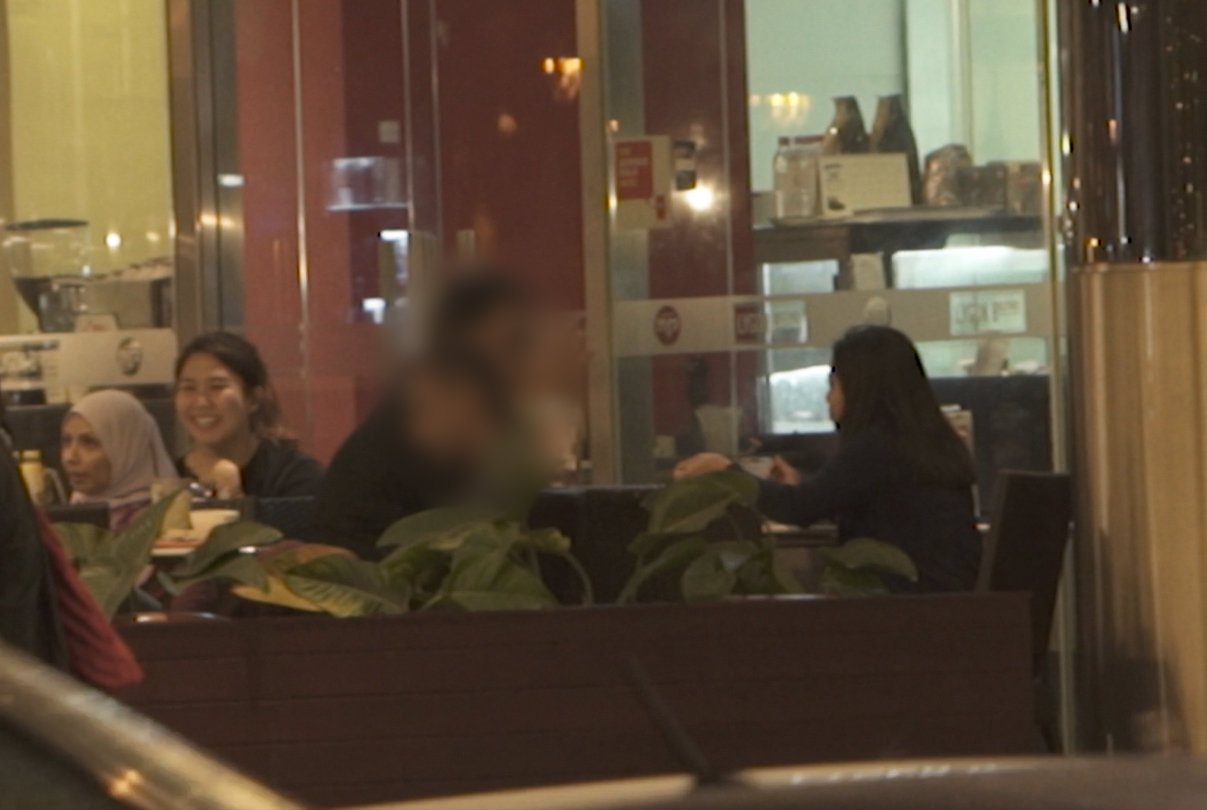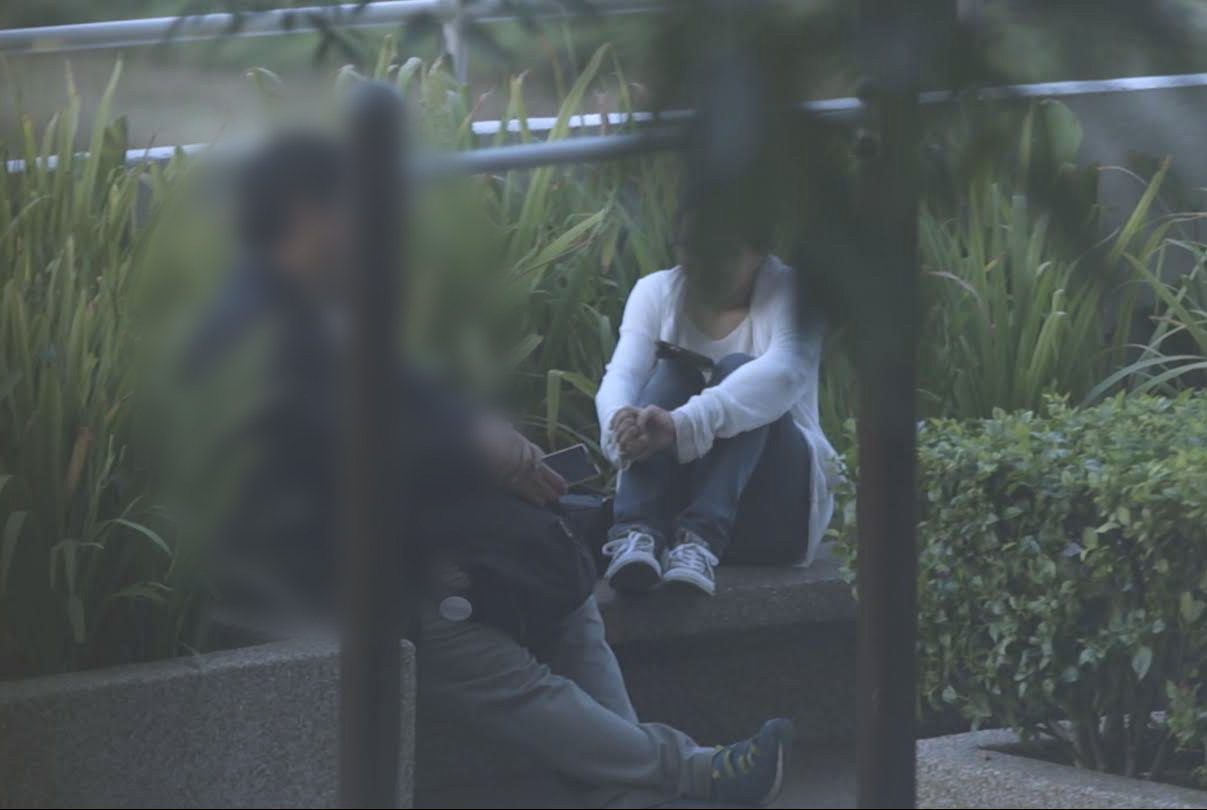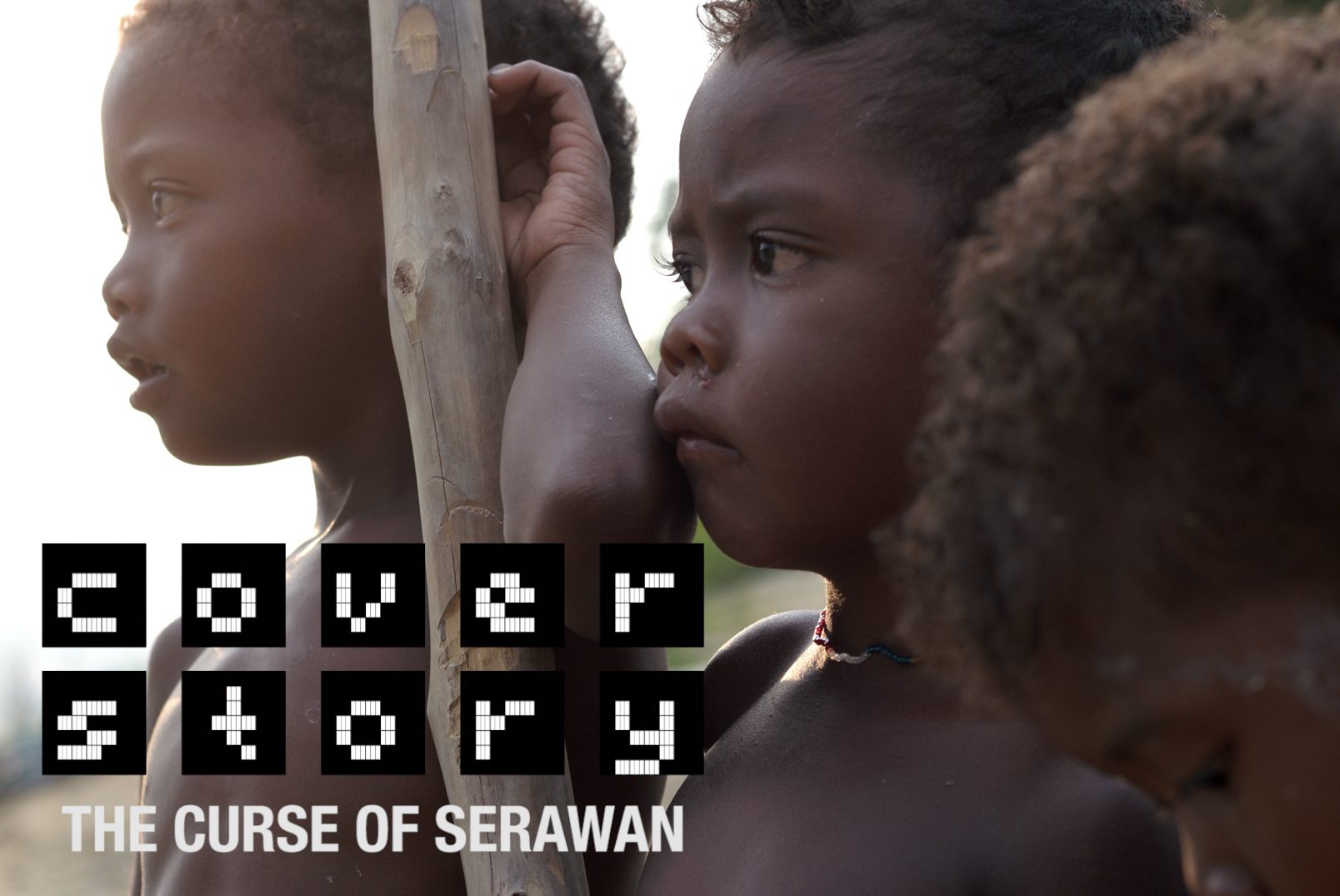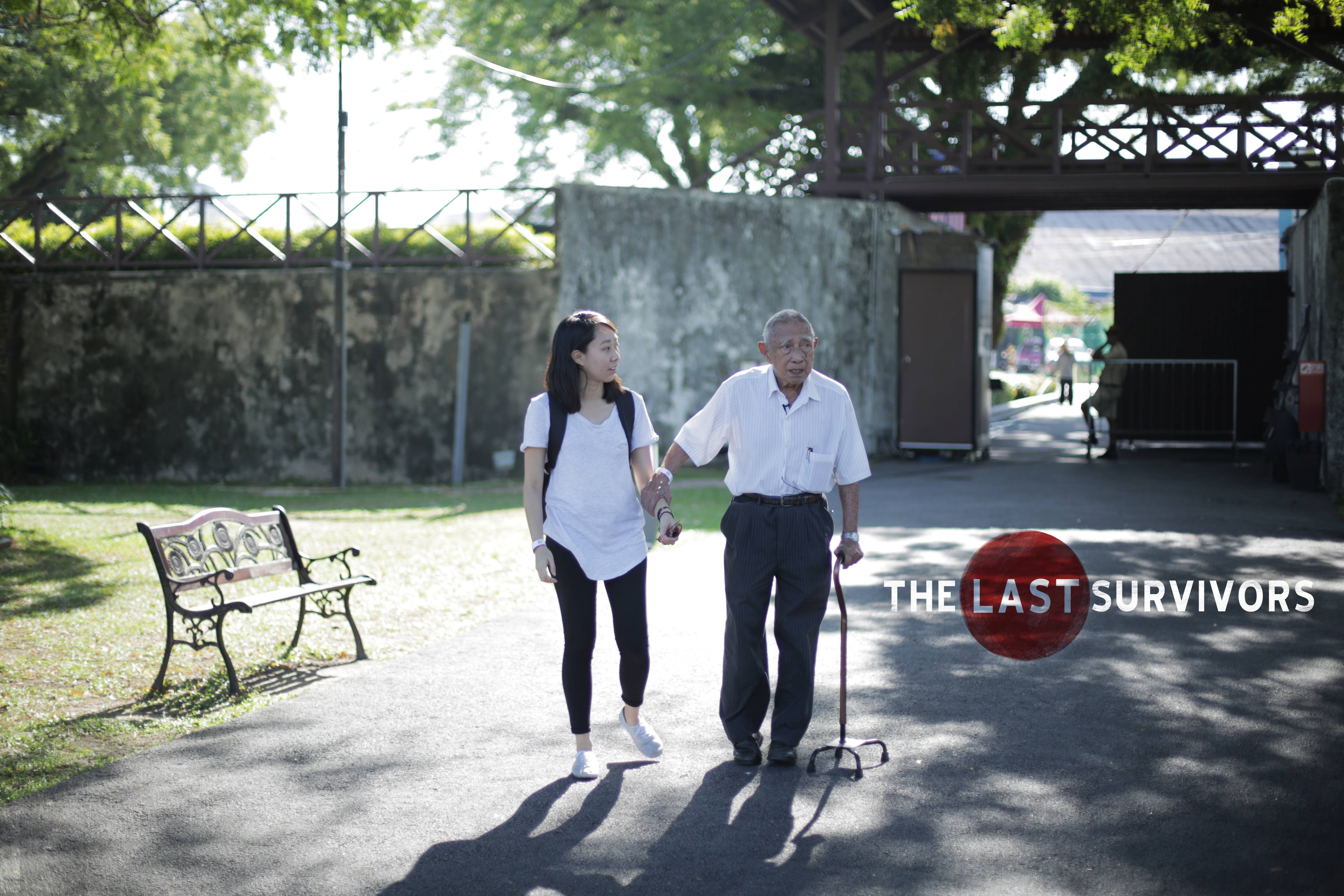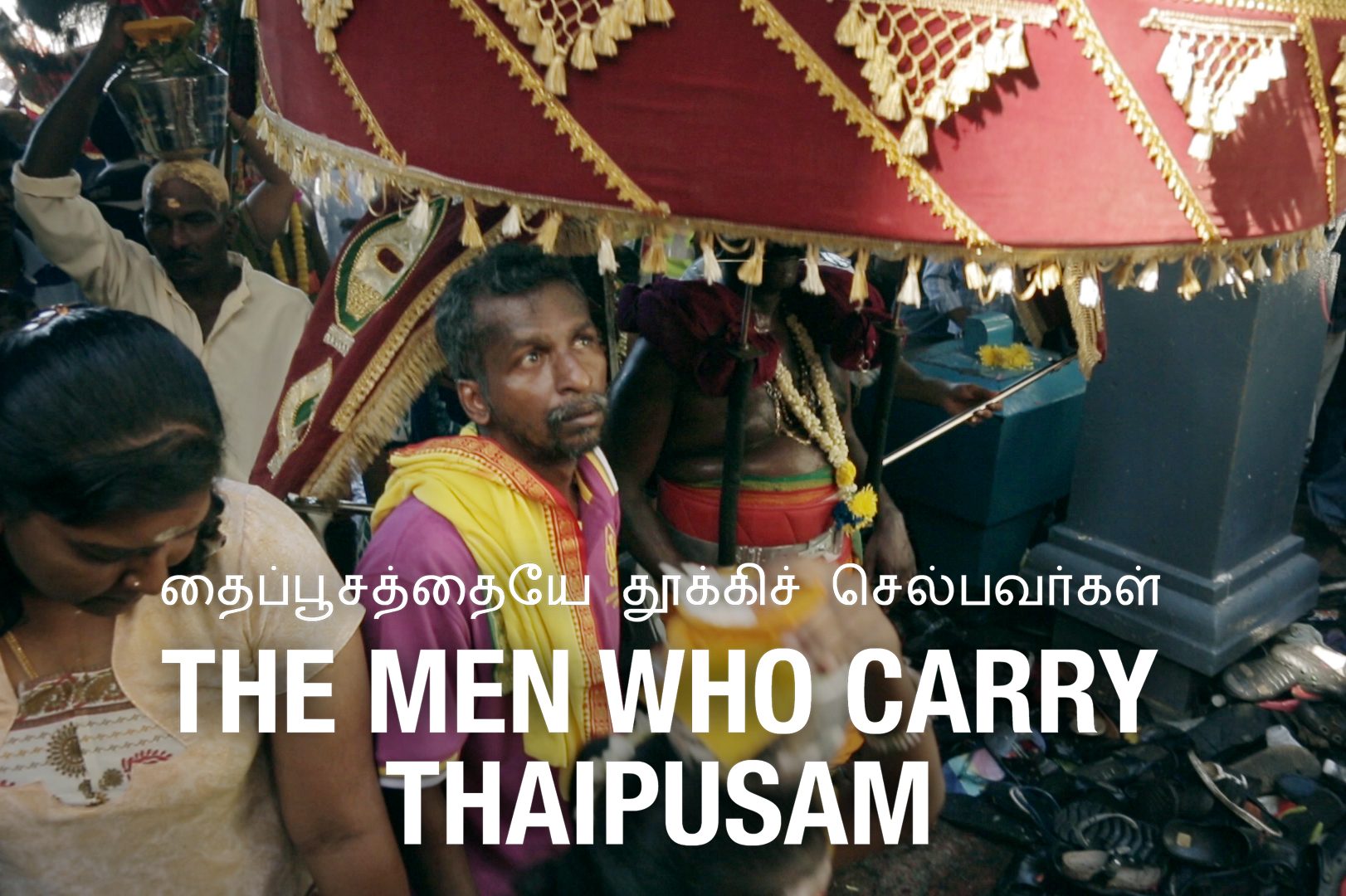By LIM MAY LEE
facebook.com/theStarRAGE
MARYAM Lee, 24, experienced sexual grooming and harassment as early as when she was 10. She just never realised it until she watched R.AGE’s Predator In My Phone series.
While most of the grooming happened on Friendster and MySpace, the scariest incident took place “offline”.
“When I was 13, I met a senior in the school canteen, and he asked me to go to his car. Once we were in his car, he tried to touch me, and I was only saved by the school bell,” she said during the launch of Unicef’s #ReplyForAll-MY campaign.
She never told anybody about her ordeal, thinking she would get in trouble.
“I thought it wouldn’t sit well with others,” said Lee, now an event manager with Projek Dialog. “In our culture, people would rather scold their kids rather than talk about sex, which further feeds our ignorance.”

Maryam sharing her experience as a victim of cyber sexual grooming.
And that’s the main problem identified by the various NGOs, experts and child advocates (like Maryam) who were gathered at the #ReplyForAll launch – Malaysians aren’t having enough open conversations with their children.
The main event at the launch was a town hall meeting with various stakeholders to address online child sexual exploitation (CSE), and one of the recurring themes of the discussion was the need for better sex education, both in schools and at home.
“The problem in Malaysia is that sex is taboo. It’s not talked about in schools, so children go online to explore, which makes them vulnerable,” said Unicef representative to Malaysia, Marianne Hattingh-Clarke.
With so many experts and NGOs gathered, including WOMEN:girls, P.S. The Children, Sisters In Islam, World Vision and the Royal Malaysian Police, Hattingh-Clarke said she hoped it would be a “watershed moment” for the country.
Unicef has been working with R.AGE to launch #ReplyForAll-MY in collaboration with Predator In My Phone, as both campaigns are calling for new laws against CSE in Malaysia.
The ultimate goal of #ReplyForAll-MY is to empower young Malaysians so they can protect themselves – and other children – from all forms of online violence.
But with regards to CSE, everyone at the townhall seemed to agree that the lack of sex education is the main problem, and unfortunately, it could also be the toughest thing to change.
“You won’t solve it in a two-hour session,” said Marie Laure Lemineur, head of the Sexual Exploitation Online Programme of ECPAT, an international organisation fighting to end CSE.
“It’s going to be a lengthy process, but it needs to be done in order for parents to educate their children about the dangers online.”
Lemineur was one of the town hall’s panel speakers, alongside Digi’s programme manager Digi CyberSAFE Philip Ling, Bukit Aman head of Sexual Investigation Unit (D11) Deputy Supt Tan Gee Soon and R.AGE editor Ian Yee. The session was moderated by WOMEN:girls president Low Ngai Yuen.
Some members of the audience brought up the role of technology, and how parents need to be more aware of what their children are doing on their smartphones.
But according to former journalist Niki Cheong, currently a PhD researcher on digital culture, our mindsets should be the real focus.
“We need to focus on changing the cultural mindsets of people,” said Cheong.
“It’s okay if parents don’t know about chat apps. But how do we get them to talk to their children about exploitation? If you understand the digital element, but don’t know about sex, this issue won’t be resolved.”
What needs to be done
The experts gathered at #ReplyForAll-MY brought up a few key points to tackle child sexual exploitation.
“Malaysia is obligated to put in measures to protect children from sexual crime. At the very least, cyber grooming should be outlawed,” said Hattingh-Clarke.

The panellists at the #ReplyForAll-My townhall, (from left) Low, Ling, Lemineur, Yee and Tan. — Photos: AZMAN GHANI/The Star
“But moving on, we should also look into new definitions of rape and more comprehensive laws, so it’s easier to hold the perpetrators accountable. It’s not easy for children to come out and pursue their cases in court.”
Both parents and experts brought up the issue of child marriage, and how it coud hamper the legislation of grooming laws.
“If there’s nothing to prevent a child below 16 from getting married, how can we properly define and criminalise child grooming?” asked Sisters In Islam executive director Rozana Isa.
But what’s needed now, said Hattingh-Clarke, is empowerment through sex education.
“We need more awareness, and open dialogue between adults and children, as well as among peers,” she said.
“Right now, children are too afraid to speak up because of the stigma attached to sex. That needs to change.”
Children also need to be empowered enough to prevent themselves from being abused.
“We have to tell our girls, this small word that is so empowering: ‘No’.
“They have to be able to speak up if they don’t like or want something and understand that nobody has the right to violate them,” said Rozana.
She added that events like the #ReplyForAll-MY town hall are important to educate parents, who can then help empower their children.
Low said the various stakeholders need to start working and communicating with each other better as well.
“Advocacy groups are quite segmented. Everybody is doing their own thing,” she said. “They need to communicate to see what they can do. There must be an opportunity for different groups to work together in this space so we can create better solutions.”

Representatives from various organisations came for the town hall, and they all contributed to an informative session.
Don’t blame technology
It’s important to note that sex predators aren’t just lurking online. Grooming and sexual abuse isn’t about technology – it’s about human behaviour, said Lemineur.
“It’s a person who decides to rape a child, Internet or not,” she said. “The difference is that technology enhances human behaviour, whether for good or bad.”
Technology also makes it easier for this “enhanced” behaviour to go undetected.
Curious adolescents can and will experiment with their identities online, and it’s getting harder for parents to stop them from exploring the world via the Internet.
As exposed in Predator In My Phone, sex predators now patiently trawl the Internet, grooming the young and vulnerable into sexual exploitation, and manipulating these children into keeping their “relationships” a secret.
“We currently don’t have legislation that can give the police the proper tools to investigate,” said DSP Tan.
“Parents and children need to do their part to protect themselves.”
To do that, people need to speak up, no matter how difficult.
They can start by providing a safe space for children to report things that they feel aren’t right, like the way they’re being approached online.
“We need our society to start respecting women and girls, something that is severely lacking now. Adults have to support girls by telling them that their complaints will be taken seriously,” said Rozana.
For girls like Maryam, an empowered society that empowers girls in turn could keep them safe.
She never reported her near-miss, thinking it wasn’t serious enough to warrant the long process of reporting and having to prove herself.
“Long term, society needs to change its attitude. We have to support girls, not punish them when they’re victimised,” she said.

Actress Lisa Surihani was at the town hall to show her support, and ‘to learn more’.
What is #ReplyForAll?
IN Brazil, intimate photos of a 17-year-old girl were circulated around her school via the Internet. In Madagascar, another 17-year-old girl was abducted and raped by a man she met on social media. And in the Philippines, children as young as nine are forced to perform sexual acts that are livestreamed on the for money.
Online child exploitation is real, and it’s happening all over the world – and that’s where Unicef’s global #ReplyforAll campaign comes in.
“With the campaign, we want to highlight that it’s everyone’s responsibility to protect children,” said Marianne Clark-Hattingh, Unicef Malaysia’s country manager.
The idea behind #ReplyForAll is pretty radical. The main goal isn’t to get adults to protect children. It’s about empowering children to protect themselves, and each other.
#ReplyForAll is part of Unicef’s global End Violence Against Children initiative, where children and adolescents are encouraged to raise awareness in their schools and on social media.
Children are encouraged to share their stories and advice on online violence and exploitation, on mediums they are comfortable with. For example, #ReplyForAll-MY, Unicef Malaysia’s campaign, uses a Tumblr page (replyforall-my.tumblr.com). Expert personnel will also respond to the children’s questions.
“Research shows that children are more likely to ask for help from their friends than parents or teachers when threatened online,” said Indra Kumari Nadchatram, communication specialist of Unicef Malaysia.
“We want to empower children and give them a space to engage in, while providing resources for anyone in need.”
#ReplyForAll-MY launched last weekend together with partners Digi, WOMEN:girls and R.AGE. Several key stakeholders on child sexual exploitation were also there to participate in a townhall discussion.
“Malaysia has the fourth highest percentage of digital natives in the world,” said Clark-Hattingh. “It’s important now more than ever to raise awareness of violence against children online.”
#ReplyforAll-MY is a collaboration between Unicef, R.AGE, Digi and WOMEN:girls. Find out more at replyforall-my.tumblr.com.

